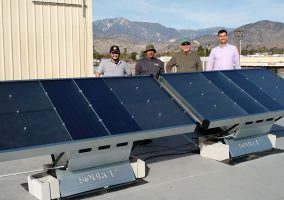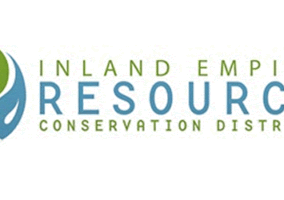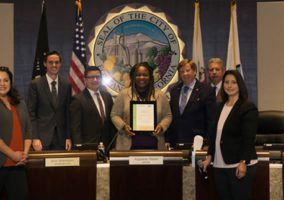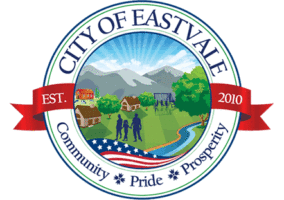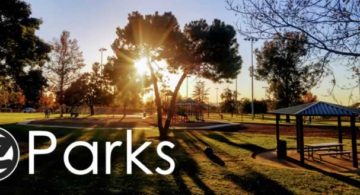Help Wanted: Inland Empire Residents Needed to Help Track Local Temperature and Air Quality
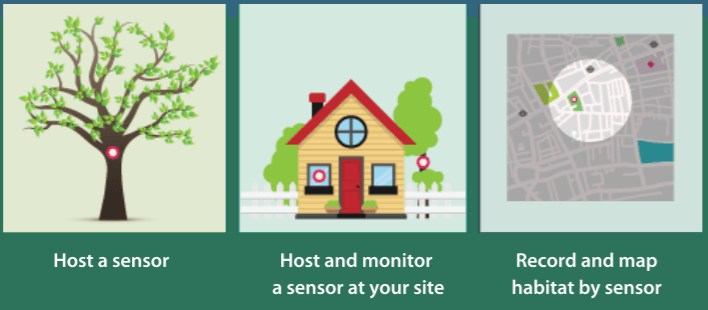
Chino, CA – Inland Empire residents and families interested in learning more about local air quality can be a part of a community network of air sensors measuring temperature, humidity and ozone in a pilot program supported by Chino Basin Water Conservation District, Riverside-Corona Resource Conservation District, and the University of California Cooperative Extension Master Gardeners of San Bernardino County. As part of Operation Healthy Air, a NASA-funded project, hundreds of volunteers will work with scientists from UC Riverside and Earthwatch Institute to host sensors at their Inland Empire homes and to map local vegetation in order to understand how urban landscapes impact temperature and air quality.
“The trees, shrubs and pavement in our front and back yards may make a measurable difference on the the water we use and the air quality and temperature we experience,” said Becky Rittenburg, CBWCD’s Community Programs Manager. “At CBWCD, we talk a lot about water conservation and how to create landscapes that provide multiple benefits in addition to saving water. This new program amplifies that message by helping us track just how much the landscapes we build impact the air around us and vice versa.”
Volunteers can participate by doing one, two, or all of the following:
- Host an air temperature sensor or ozone sensor at home, school, or community garden
- Monitor indoor/outdoor temperature and humidity at the site
- Record and map the habitat around the sensors using the Habitat Network platform
Operation Healthy Air may have real impacts on how people live by uncovering data about air quality and temperature that is local and specific, rather than regional and general.
“Our volunteers enjoy that they’re able to contribute to science in a meaningful way, and many of them tell us they’re surprised how easy it is to participate,” said Mark Chandler, International Director of Research Initiatives for Earthwatch Institute. “The experience is also eye-opening for many people who realize that their local actions – like taking out pavement or planting trees – can have a real world impact on air temperature and quality in their neighborhood.”
Operation Healthy Air is a pilot program in Long Beach and the Inland Empire during summer 2017. Volunteers map and measure how differences in their environment – such as the number of trees or square feet of pavement – affect local air quality and temperature. Grants from NASA’s Earth Sciences program, the National Science Foundation and individual donors fund this program. Operation Healthy Air is a partnership between national and local partners, community-based organizations, universities, Aquaria and government agencies, and community members. Learn more at http://earthwatch.urbanresiliency.org/operation-healthy-air/.
Partnerships like Operation Healthy Air are part of CBWCD’s long-term efforts to demonstrate the benefits of water efficient landscapes and practices to sustain a regional water supply through public stewardship. CBWCD’s Water Conservation Center is a gathering place for water conservation education in the region, providing high-quality education programs for K-12 students, as well as programs for landscape professionals and homeowners that promote water conservation as a way of life.

